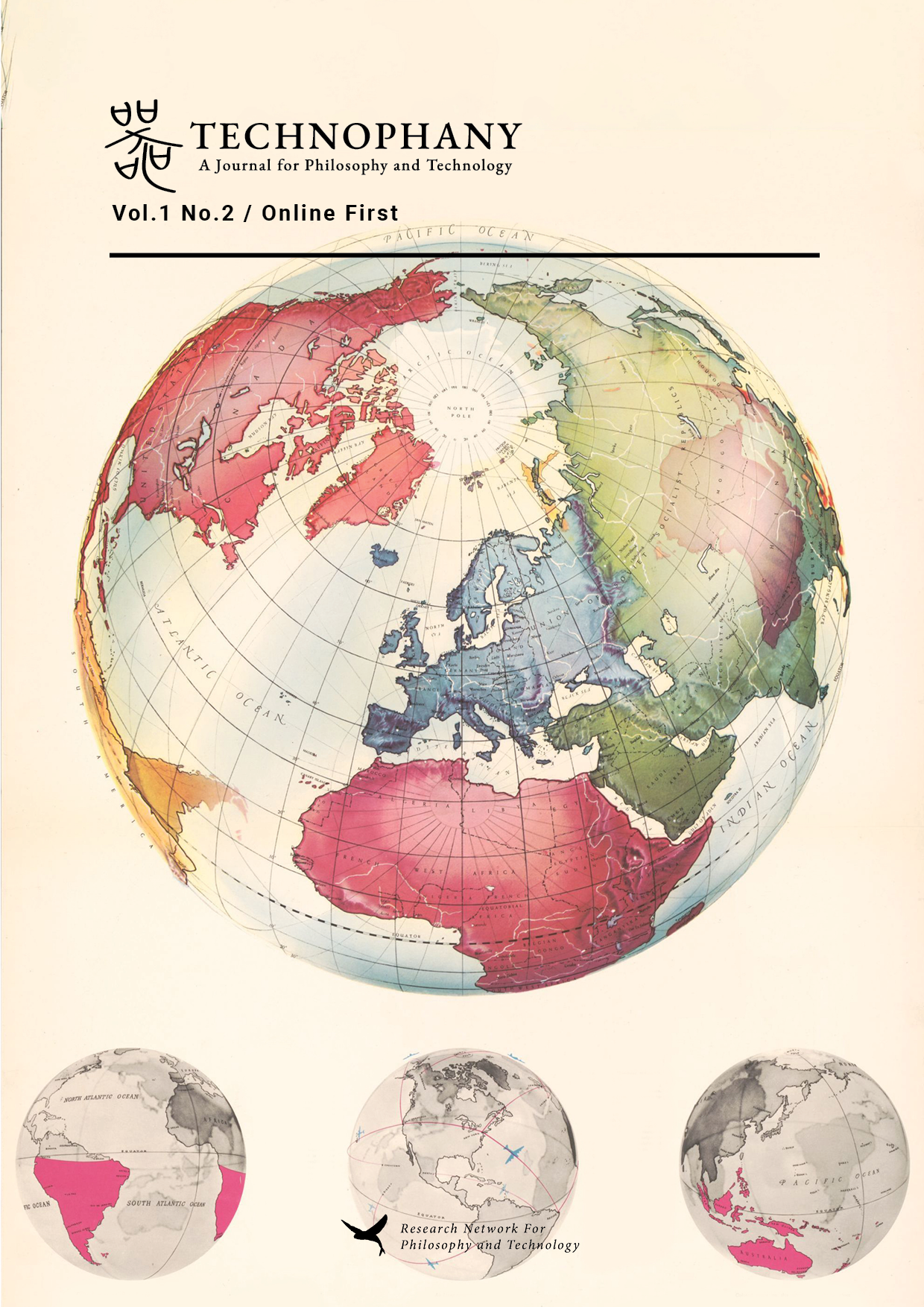Confronting the Technical Aporia
Heidegger’s and Stiegler’s Technics-thinking
DOI:
https://doi.org/10.54195/technophany.13600Abstract
Martin Heidegger and Bernard Stiegler have both famously argued that philosophy has hitherto been incapable of seeing, recognizing, or remembering technics. Both thinkers confronted this technical aporia by putting forward their own thought on technics, arguing to find themselves in a historically singular position from which technical thought proper can, for the first time, be questioned and invented. This article shows how both Heidegger’s and Stiegler’s conceptual projects are supported by a two-fold reading of the history of philosophy as at once devoid of technical thought proper, while at the same time harbouring, but only ever implicitly, the resources for thinking and remembering said technics. Their readings of the work of Immanuel Kant will be shown to be exemplary in this regard. This article ultimately concludes that, as a result of both Heidegger’s and Stiegler’s particular self-positioning within the history of technical thought, neither of them could recognize the technical thought proper within that history that they were at the same time so urgently looking for. Only in this way can the radical oversight regarding, for instance, Kant’s explicit writings on technics proper make sense.
Downloads








